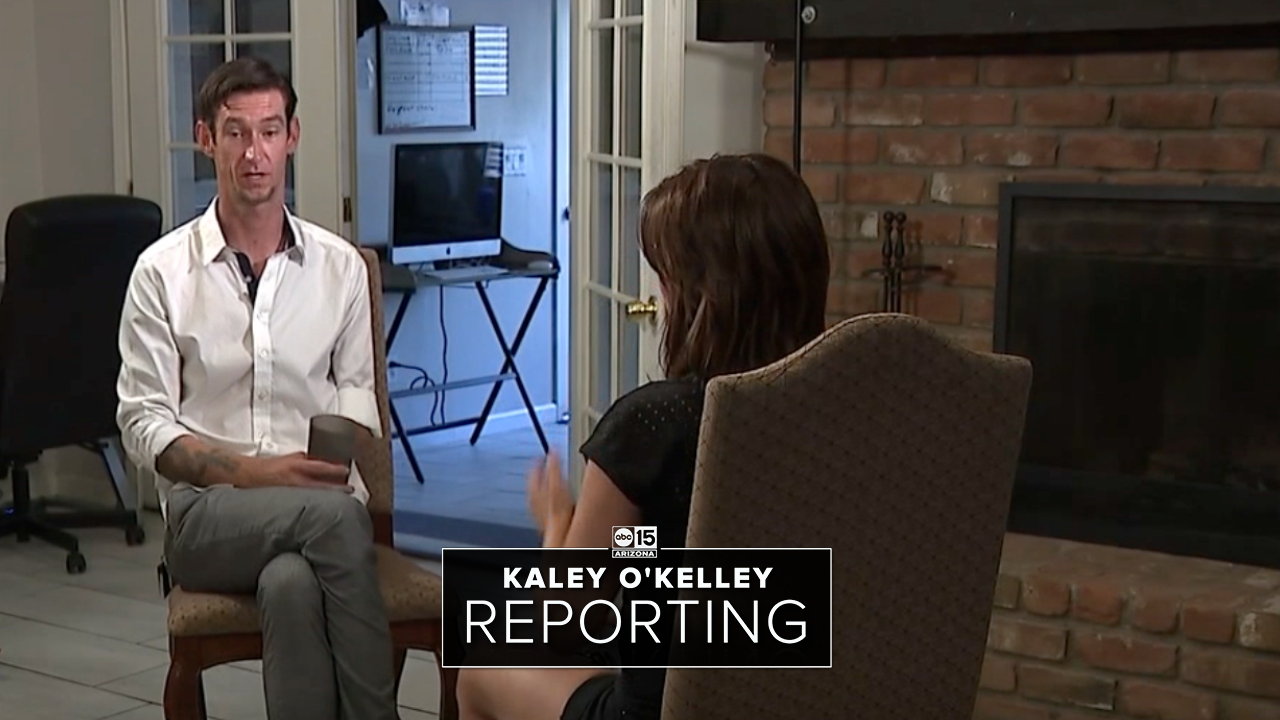PHOENIX — Arizona taxpayers are paying the price after a massive Medicaid fraud scheme exposed fake sober living homes billing for addiction treatment that never happened.
The $2.8 billion scandal has left thousands of vulnerable people, many recruited from tribal communities and the streets of Phoenix, without real recovery services.
On Wednesday, state senators held a special hearing to address the system breakdown.
After Governor Katie Hobbs signed Senate Bill 1308 into law back in April, new rules were put in place requiring sober living homes to be licensed and inspected on a regular basis.
For an Arizona man named Robert Harris, this fight is deeply personal. Years ago, while struggling to get sober, he told ABC15 Mornings Anchor Kaley O’Kelley that he found himself in one of those crowded sober living houses and that it offered little more than a mattress on the floor.
“Most sober living homes are just sober-ish homes,” Harris told O’Kelley.
He also said, “There was no accountability. Everybody could basically just do whatever they wanted as long as they paid their fees on time. No one cared.”
Harris says the problem goes beyond fraud. He believes the short-term model of detox and treatment fails to address the real strongholds of addiction.
“You have a detox that takes you three days. After seven days, you go to behavioral health. What actual stronghold are we going to break down in seven days in a detox or 30 days in a treatment facility?” he added.
Harris is now years into his own recovery, telling O’Kelley that when sober living homes offer a structured plan, held together with compassion, the addiction cycle can change for good.
It's something Harris has seen work time and time again at Resistance Health and Wellness Group. He founded this sober living program, which is rooted in faith, structure and accountability.
He says his sober living homes don’t just offer a roof, they offer a place to rebuild.
“The goal for the resistance is to give men a safe place where they can actually grow and heal."





